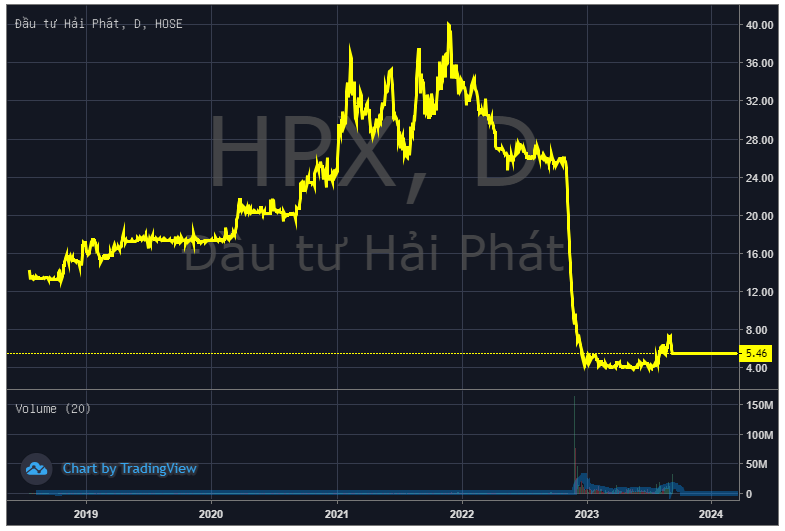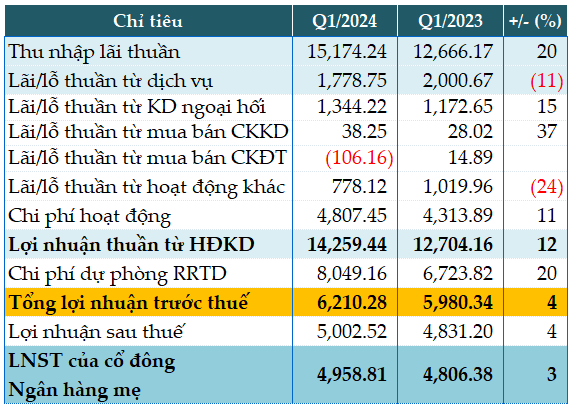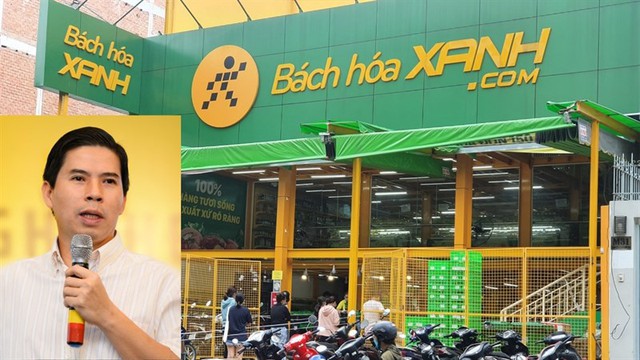The Ho Chi Minh City Stock Exchange (HoSE) has announced that it has lifted the suspension on trading of Hai Phat Investment Company (HPX) shares, and the shares will resume full-time trading.
In particular, HPX shares will resume full-time trading from the 20th of March at the reference price of 5,460 VND per share – the closing price of the last session before the suspension. The stock’s price will have a trading band of +/- 20% on its first trading day.
The company has resolved the issues that led to the suspension of trading.

In a previous announcement, HoSE stated that based on Hai Phat Investment Company’s information disclosure, the company has not violated any information disclosure regulations for six consecutive months since the suspension was imposed.
In addition, on March 8, 2024, Hai Phat Investment Company announced its Financial Statements for the year 2023 (separate and consolidated) as required by regulations. Consequently, HoSE has decided to lift the suspension on HPX shares and resume full-time trading.
Therefore, after a six-month hiatus from the stock exchange since September 18, 2023, over 304 million HPX shares will be traded again.
In terms of business performance, in 2023, HPX achieved net revenue of 1,699.6 billion VND, an increase of 4% compared to the previous year, the highest in the past 4 years. Gross profit reached 288 billion VND, a decrease of 41%.
For the plan in 2024, Hai Phat Investment Company targets a net revenue of 2,800 billion VND, a 65% increase, and a post-tax profit of 105 billion VND, a 22% decrease compared to 2023. The expected dividend rate is 5%.
In addition, the company will focus on cash flow management, arranging capital to implement projects in 2024; balancing funding to pay taxes, repay principal and interest on bond packages, and credit to maturity. This includes negotiating with bondholders to extend bond packages, credit restructuring, and adjusting ownership ratios at subsidiaries and affiliates, as well as timely disclosure of financial statements as stipulated.










































